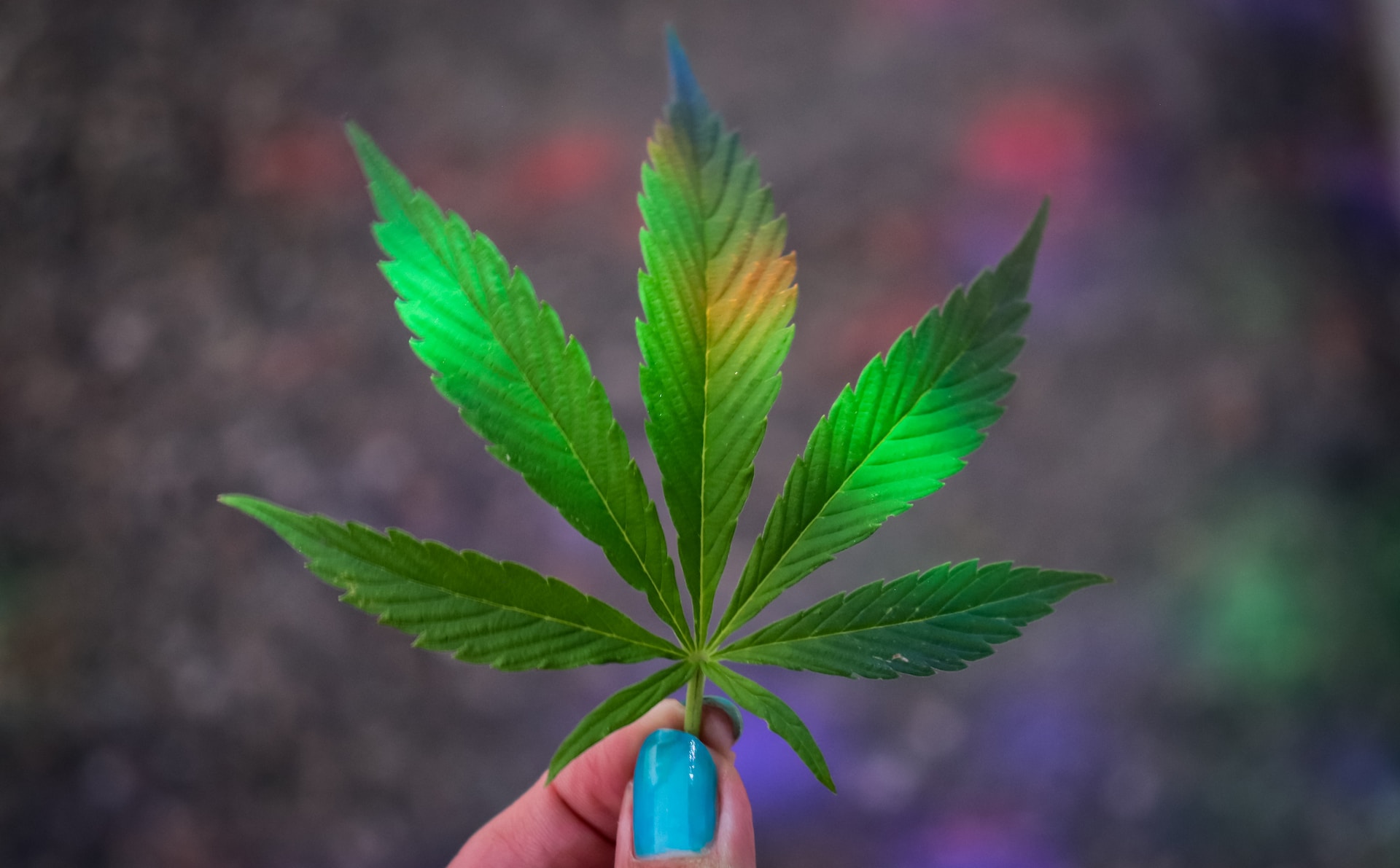Colorado’s Cannabis Cultivation Landscape Evolves with New Genetic Sourcing Laws
LOS ANGELES- In a significant development for Colorado’s cannabis industry, Senate Bill 23-271, effective since January, has introduced new regulations allowing cultivators to source genetics from a broader array of entities. This legislative shift aims to rejuvenate the state’s cannabis market, addressing sales slumps post-COVID-19 pandemic highs and fostering innovation within the sector.
Previously, Colorado cultivators were limited to sourcing new genetics exclusively from other licensed growers within the state, a restriction that Matt Cooper, a regulated-industries attorney, humorously referred to as the “immaculate conception.” This limitation compelled cultivators to navigate a tightrope, balancing between breeding existing genetics and the risky introduction of noncompliant genetics. The enactment of SB 23-271 marks a departure from these constraints, opening doors to a diverse genetic pool.
Broadened Genetic Sources and Interstate Considerations
Under the new law, marijuana cultivation facilities now have the liberty to obtain immature plants, seeds, and other genetic materials from a variety of sources, including:
- Other medical or adult-use cultivation facilities.
- Recreational marijuana testing facilities.
- Licensed entities in other jurisdictions or those with specific permits, registrations, or licenses related to cannabis.
- Individuals with an employee license in Colorado or similar credentials from other states or U.S. territories.
- Any additional sources approved by the state licensing authority.
The legislation also facilitates the transfer of these materials between medical and adult-use facilities, aiming to streamline operations and enhance genetic diversity.
Despite the liberalization of sourcing regulations, the question of interstate genetic transfers remains nuanced, especially in light of recent DEA guidance suggesting that seeds and tissue cultures may not be classified under the Controlled Substances Act due to their low THC content. Nevertheless, operators are advised to remain cautious and adhere to state regulations, emphasizing the importance of compliance and meticulous documentation.
Strategic Implications and Compliance
For industry leaders like Native Roots Cannabis Co., the previous restrictions significantly limited genetic diversification. Jason MacDonald, senior director of cultivation operations, highlighted the competitive disadvantage imposed by the old rules, which effectively barred the company from introducing new genetics due to fears of strengthening competitors.
The new regulatory framework not only promises to enhance Colorado’s competitive edge in the national cannabis market but also underscores the critical role of compliance. Operators are encouraged to ensure that any genetic material sourced from outside Colorado complies with the originating state’s laws and to rigorously document the acquisition process to align with Colorado’s regulatory expectations.
Colin Mudd, founder and principal consultant at Konopé Compliance and a participant in the rulemaking working group, emphasized the strategic necessity of these regulations for Colorado’s market competitiveness. However, he cautioned against sourcing from unlicensed seed banks, highlighting the risks associated with noncompliance.
As Colorado’s cannabis industry adapts to these changes, the emphasis on compliance, documentation, and strategic sourcing is expected to foster a more dynamic and innovative market landscape, potentially setting a precedent for other states to follow.



































